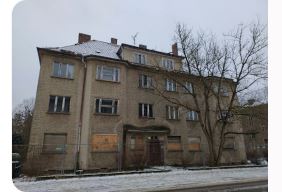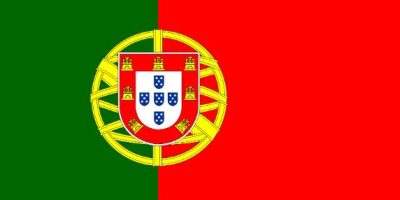Germany coronavirus: Anger after attempt to storm Reichstag

An attempt to storm Germany’s Reichstag during Saturday’s big Berlin protest against Covid-19 restrictions has been condemned by politicians across the political spectrum.
Demonstrators, many with far-right sympathies, broke through a cordon and ran up the steps of the parliament building before police dispersed them.
The interior minister said there should be “zero tolerance” for such behaviour.
Some 38,000 turned out for the wider, largely peaceful Berlin demonstration.
What happened at the Reichstag?
Demonstrators bearing the flag of former imperial Germany – used by the Reichsbürger (Reich Citizens) far-right group – overcame a handful of police to run to the building entrance.
Police put the number involved at several hundred.
Scuffles broke out and the protesters were then overcome by police using pepper spray. Several people were arrested.
Police rejected criticism of their small deployment, saying they could not “be everywhere all the time”.
What has the reaction been?
“The Reichstag is the domain of our parliament and the symbolic centre of our democracy. It is unbearable that troublemakers and extremists misuse it for their own purposes,” said Interior Minister Horst Seehofer.
President Frank Walter Steinmeier condemned “an unbearable attack on the heart of our democracy”.
“Those angered by our coronavirus measures or who doubt their necessity can do so openly, in protests. But my tolerance ends when protesters hitch themselves to the wagon of enemies of democracy and political rabble-rousers.”
Vice-Chancellor Olaf Scholz, from the Social Democrats, was one of several to condemn the display of far-right and German imperial symbols.
The Social Democrats have also called for improved security around parliament.
The organiser of the main protest, tech entrepreneur Michael Ballweg, said the Reichstag demonstrators had “nothing to do” with his movement.
What happened in the wider demonstration?
The protest had originally been banned but a court eventually allowed it to go ahead on condition that coronavirus measures such as mask-wearing and social-distancing were adhered to.
In all, 300 people were arrested at various locations, 200 after right-wing agitators threw stones and bottles near the Brandenburg Gate.
Police ordered the dispersal of the protest as the day went on because those taking part were failing to observe coronavirus rules.
Protesters were closely packed in places, and sat together on the ground at one point.
Among those arrested was cookery author and conspiracy theorist Attila Hildmann, who had addressed crowds through a loudspeaker.
Although Germany has so far not seen the wave of cases affecting some parts of Europe, its infection rate has been growing. New case numbers are reaching highs last seen in April.
Who organised the Berlin protests?
The demonstration was called by the Stuttgart-based movement Querdenken 711 (or Lateral Thinking 711). The group has more than 16,000 followers on Facebook and communicates largely through encrypted messaging service Telegram.
It believes that coronavirus regulations infringe on basic rights and freedoms enshrined in Germany’s constitution and wants them to be lifted.
The protests have also gained support from Robert F Kennedy Jr. The anti-vaccination campaigner, also the son of assassinated US Democratic presidential hopeful Robert F Kennedy and nephew of assassinated US President John F Kennedy, was at the demonstration in Berlin.
Photos shared online also showed flags and slogans linked to the conspiracy theory QAnon.
Participants also included families and children. Some people have said they just want the right to protest.
Counter-protests against the main march also took place, with about 100 people at one rally. “You are marching with Nazis and Fascists,” shouted some participants, according to broadcaster RBB.
What are Germany’s Covid-19 measures?
The country was one of the most effective in enforcing the framework of response referred to as prevent, detect, contain and treat.
It has been particularly effective in keeping the death rate among the over 70s lower.
It began relaxing physical distancing in early April but continued to track infections, which have seen a rise in August.
On Thursday, Chancellor Angela Merkel and the 16 federal states introduced a minimum €50 (£45; $59) fine for failing to wear a face mask where ordered. A ban on major public events was also extended until next year.
Germany has recorded 242,000 infections, fewer than the other major European nations. Its figure of 9,297 deaths is considerably lower than the numbers in Russia, the UK, Spain, France and Italy, Johns Hopkins University research shows.
Related News

Berlin’s crumbling ‘Russian houses’ trapped in bureaucratic limbo
BERLIN, FEB 8: The thorny issue of what to do with Russian assets has notRead More

Portugal votes in presidential election battered by deadly storms
LISBON, FEB 8: Portugal, which is reeling from a battering by deadly storms, began votingRead More


Comments are Closed